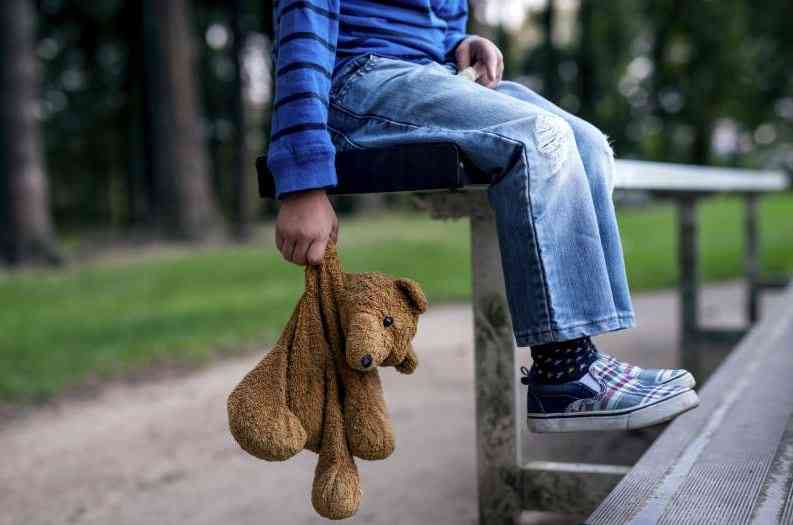Digital platforms, such as TikTok, Facebook, WhatsApp, and YouTube have become predatory hunting grounds for individuals targeting children with cognitive impairments, according to a newly released report commissioned by ZanaAfrica in collaboration with child rights organisations.
The report reveals a disturbing increase in the online sexual exploitation and abuse (OCSEA) of children with intellectual disabilities in Kenya. These children, often lacking the capacity to recognise abuse or articulate their experiences, are reportedly being groomed, blackmailed, and exposed to explicit content at an alarming rate.
With an estimated 2.5 per cent of the Kenyan population living with intellectual disabilities, according to a national survey by the Ministry of Education and the Kenya Institute of Special Education (KISE), experts are raising the alarm about a growing crisis and a system that remains poorly equipped to respond.
“The country has witnessed an upsurge in such violations, and one must question why this is happening now. It is particularly concerning that the perpetrators, according to the research, span all social classes,” said Josephine Kisilu, Dean of Studies at KISE, during the launch of the report.
Internet access has expanded rapidly across Kenya, with over 67 per cent of children aged 12 to 17 now online. However, many of these children, especially those with intellectual disabilities, are navigating digital spaces without adequate protection.
The report highlights multiple contributing factors, including insufficient access to appropriate sex education, limited digital literacy, inaccessible online platforms, and persistent parental misconceptions regarding disability and sexuality. These elements combine to leave children with intellectual disabilities especially vulnerable to online exploitation.
Globally, one in three internet users is a child. In Kenya, the 2022 Demographic and Health Survey revealed that internet usage among young people increases dramatically with age—from under 5 per cent among those aged 10 to 14, to over 40 per cent among adolescents aged 15 to 19.
While online connectivity offers many benefits, it also exposes children to significant risks. The report stresses that children with intellectual disabilities face particular challenges in navigating digital environments, which may hinder their ability to recognise, avoid, or report abuse.
OCSEA can take many forms, including grooming, live-streamed abuse, sexual extortion, and coercion to produce sexual imagery. Children with intellectual disabilities, who are often denied access to sex education and socialisation opportunities, may turn to the internet in search of connection. Sadly, this space can become a trap rather than a refuge.
“I hope this research provides insights that will support government agencies and stakeholders in tackling this alarming trend,” said Kisilu.
Data from the Disrupting Harm project cited in the report reveals that seven per cent of internet-using children in Kenya had been offered money or gifts in exchange for sexual images in the previous year. Additionally, three per cent had been blackmailed online into engaging in sexual acts, while another seven per cent had their sexual images shared without their consent.
The report highlights that many victims had previously suffered sexual or emotional abuse offline, showing how digital abuse compounds existing vulnerabilities. Children with intellectual disabilities are more likely to face violence, neglect, and abuse, with systemic barriers increasing their risk of online sexual exploitation. These barriers include difficulties understanding online platforms, inaccessible content, and limited digital oversight by caregivers.
The report criticises the lack of inclusive sex education and digital safety initiatives for children with intellectual disabilities, often excluded due to stigma and misconceptions about disability and sexuality. As a result, many children are unaware of grooming or what constitutes abuse.
Even when abuse is reported, survivors often testify in front of their abusers. The report points out gaps in Kenya’s legal framework, including the failure to criminalise newer forms of online child sexual exploitation like live-streamed abuse or AI-generated content.
Stay informed. Subscribe to our newsletter

























